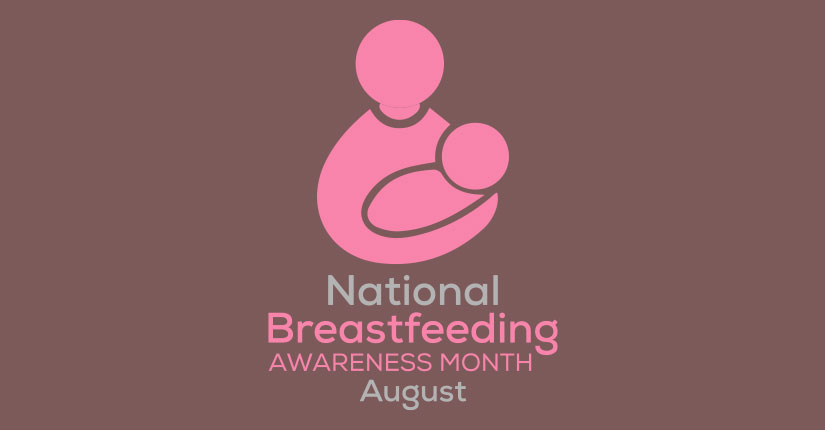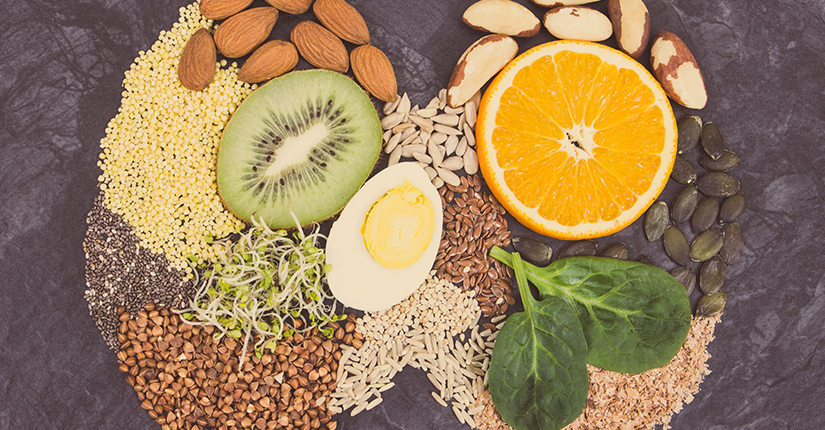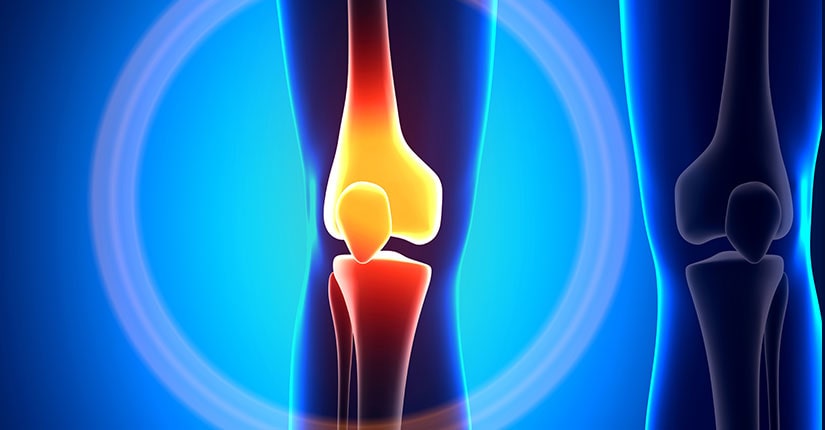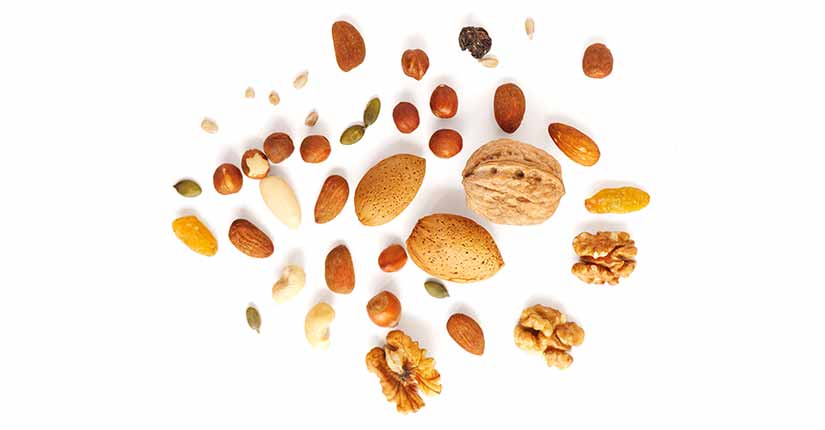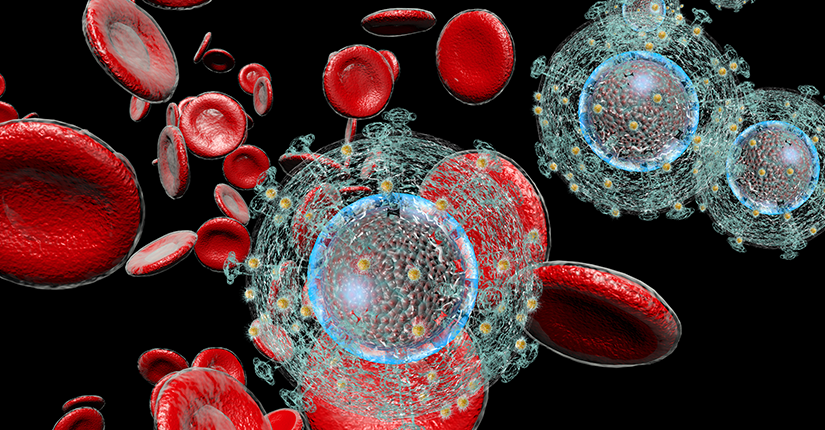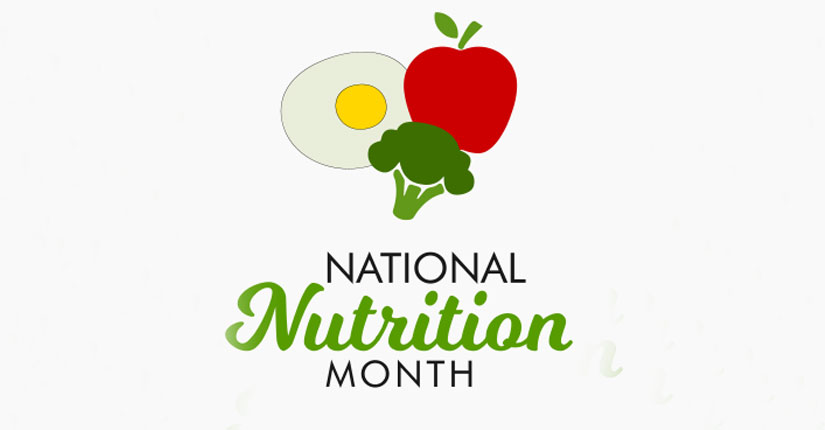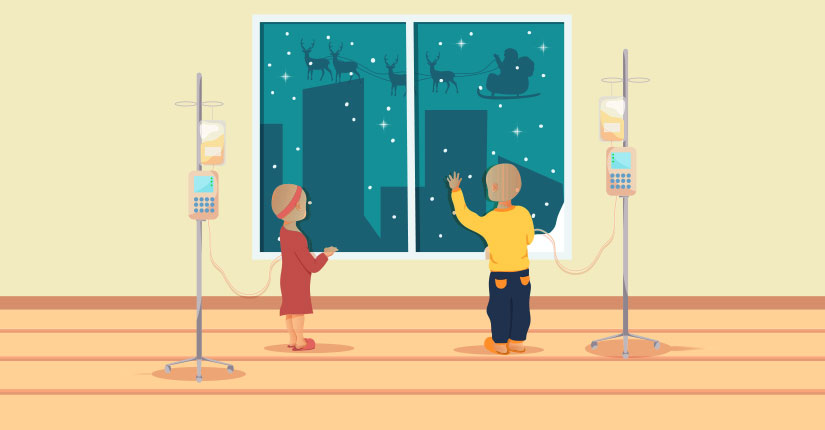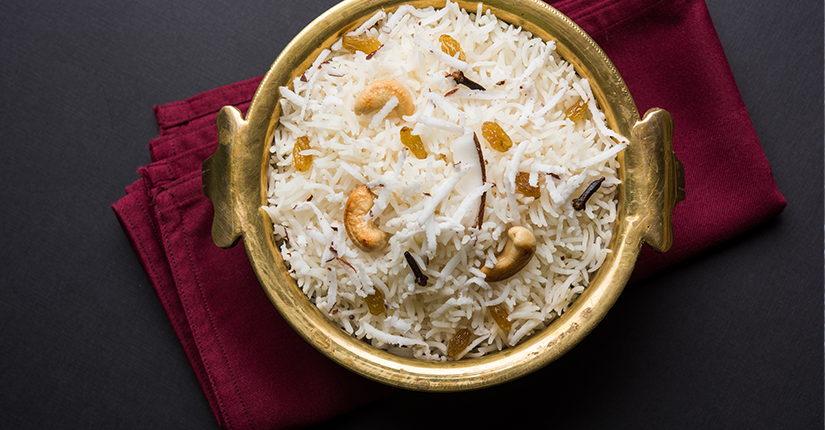4 Signs to Watch Out for Zinc Deficiency
By Nmami Agarwal 27-Nov 2020 Reading Time: 4 Mins
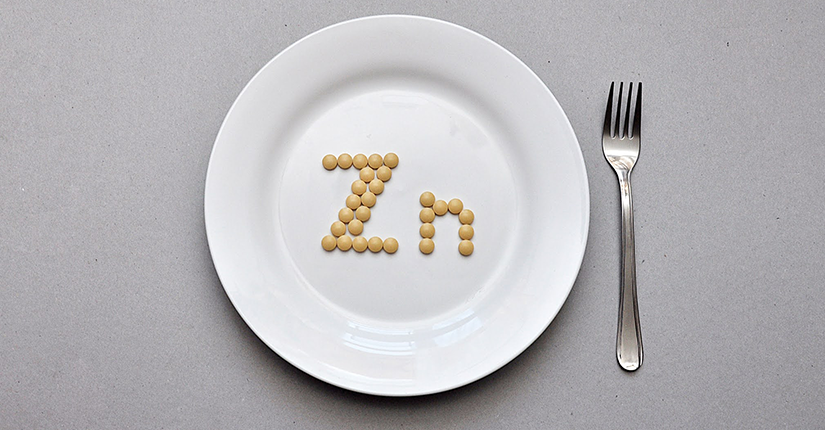
Zinc is a trace mineral that the body uses to ward off infections and to produce cells. It is also essential for healing injuries and creating DNA(the genetic blueprint in all of your cells. In case of a diet not being rich in zinc, one may experience hair loss, lack of alertness, reduced sense of taste and smell, and your body might not be able to produce new healthy cells, which can further lead to:
- Unexplained weight loss.
- Loss of appetite.
- Delay in wound healing.
- Diarrhoea.
If a pregnant and lactating woman lacks zinc in her body, it may impact the baby’s development. What are the common symptoms that you should look out for, in order to identify a zinc deficiency? Read on to find out.
- Hair fall.
- Poor vision.
- Loss of taste.
- Diarrhoea.
A low level of zinc in the body can make your hair fall out, says National Institutes of Health (NIH). Moreover, some reports support the fact that people having alopecia- a condition that causes hair loss on the scalp and other parts of the body, are deficient in zinc. But hair fall is not just necessarily linked to a deficiency in zinc. Only in severe cases of zinc deficiency, hair loss can be a prominent symptom.
Your eyes have high concentrations of zinc, in the retina especially. Zinc helps in producing a protective pigment in your eyes by transporting vitamin A from the liver to your retina. Also, this mineral is linked to age-related macular degeneration. Hence, it plays an extremely crucial role in enhancing your vision, especially in older people.
Zinc also plays an important role in your taste and smell senses. So, a deficiency in the mineral can make even the tastiest of food taste bland. Research has shown that individuals with loss of taste improved their symptoms with zinc supplements, since it may stimulate a region in the brain that controls food intake.
Diarrhoea can lead to zinc and other deficiencies, as the food can pass through too quickly without providing any nourishment to the body. Zinc is important for the protective barrier, or the mucosal layer, lining the digestive system. It protects the stomach wall from stomach acid. A deficiency in zinc leaves the intestinal wall unprotected and susceptible to damage. This wall when exposed can get over-sensitive, vulnerable to muscle spasms, and diarrhoea.
Over to you.
Zinc is an essential nutrient for your overall health. It is needed for several body functions like improving immunity, controlling blood sugar levels, boosting heart health, and skin and hair health. Some sources to look out for while trying to increase the zinc levels in your body include more sesame seeds, pumpkin seeds, legumes, peanuts, cashews, eggs, and whole grains. Though supplements seem like an easy source of intaking zinc, it is best derived from food sources. If you discover any of these symptoms in your body, it is advised to get your zinc levels checked.

